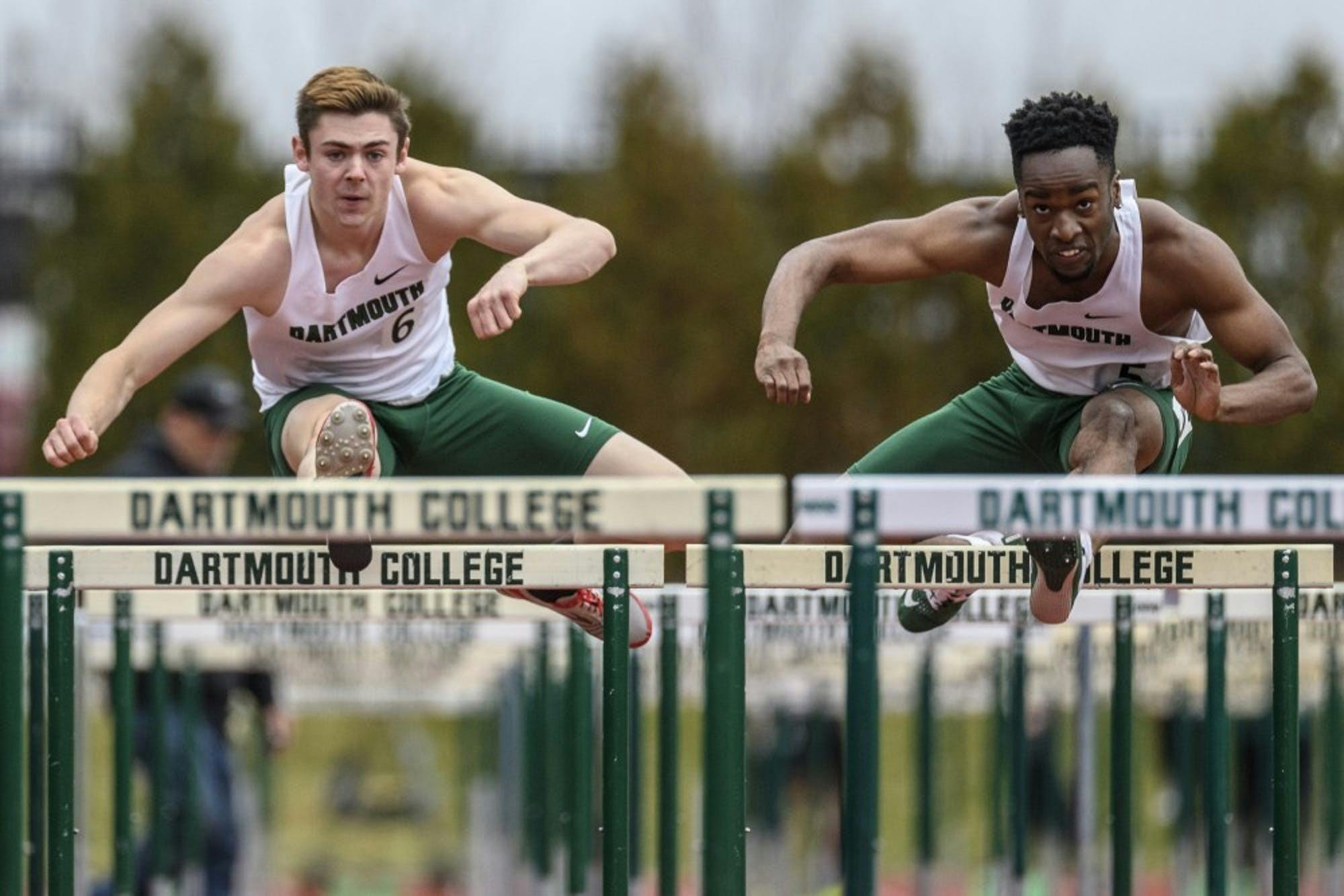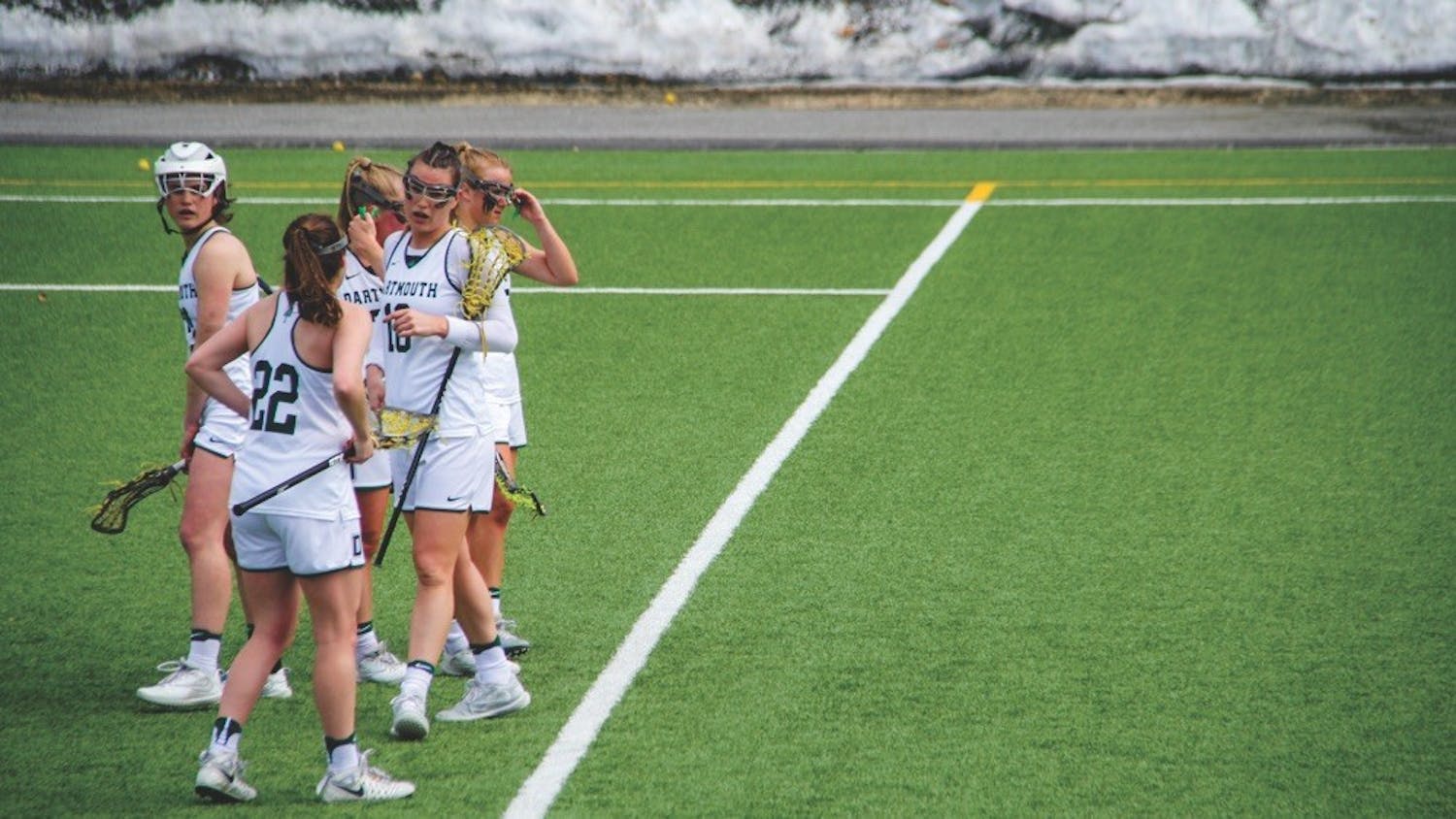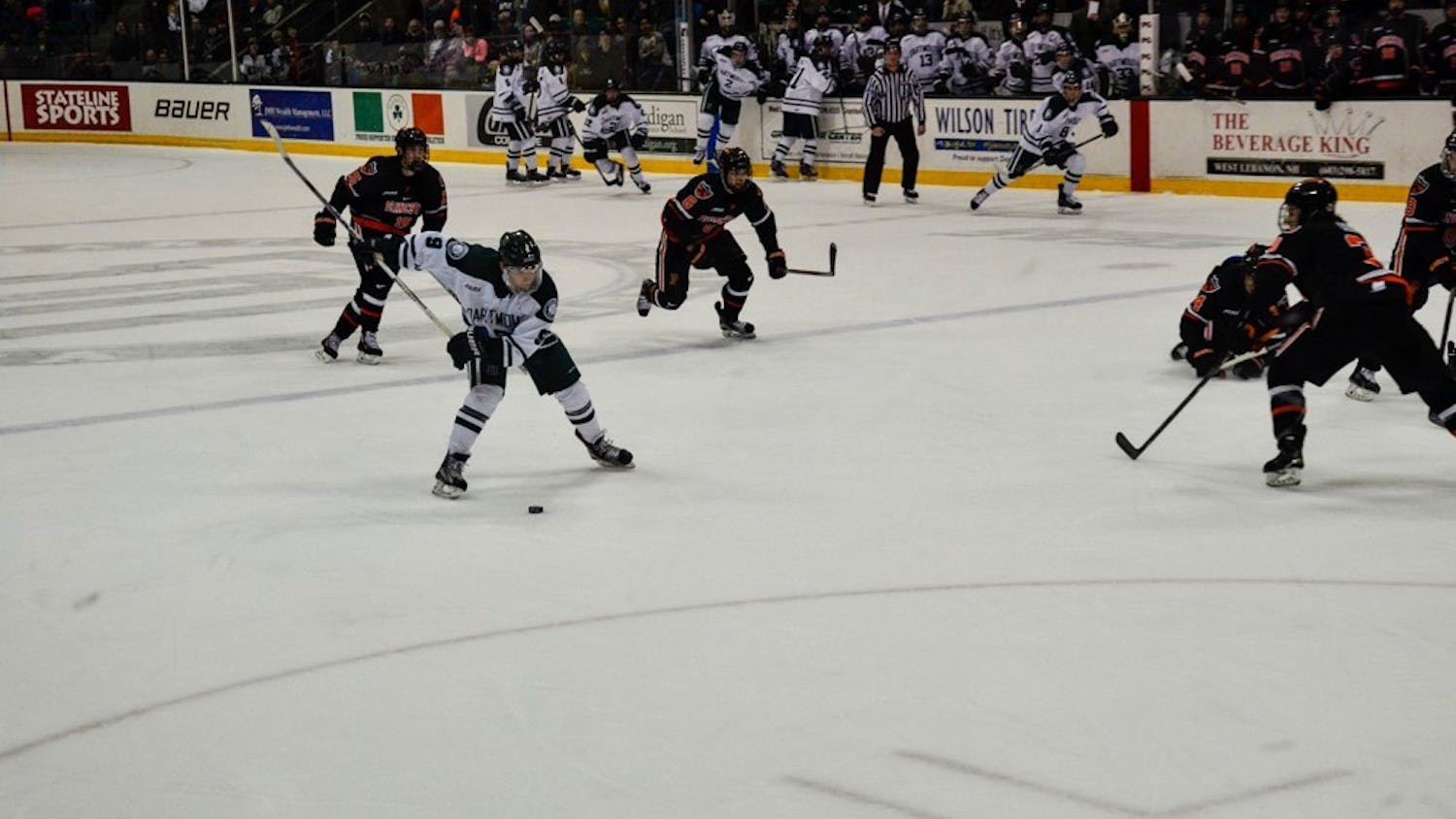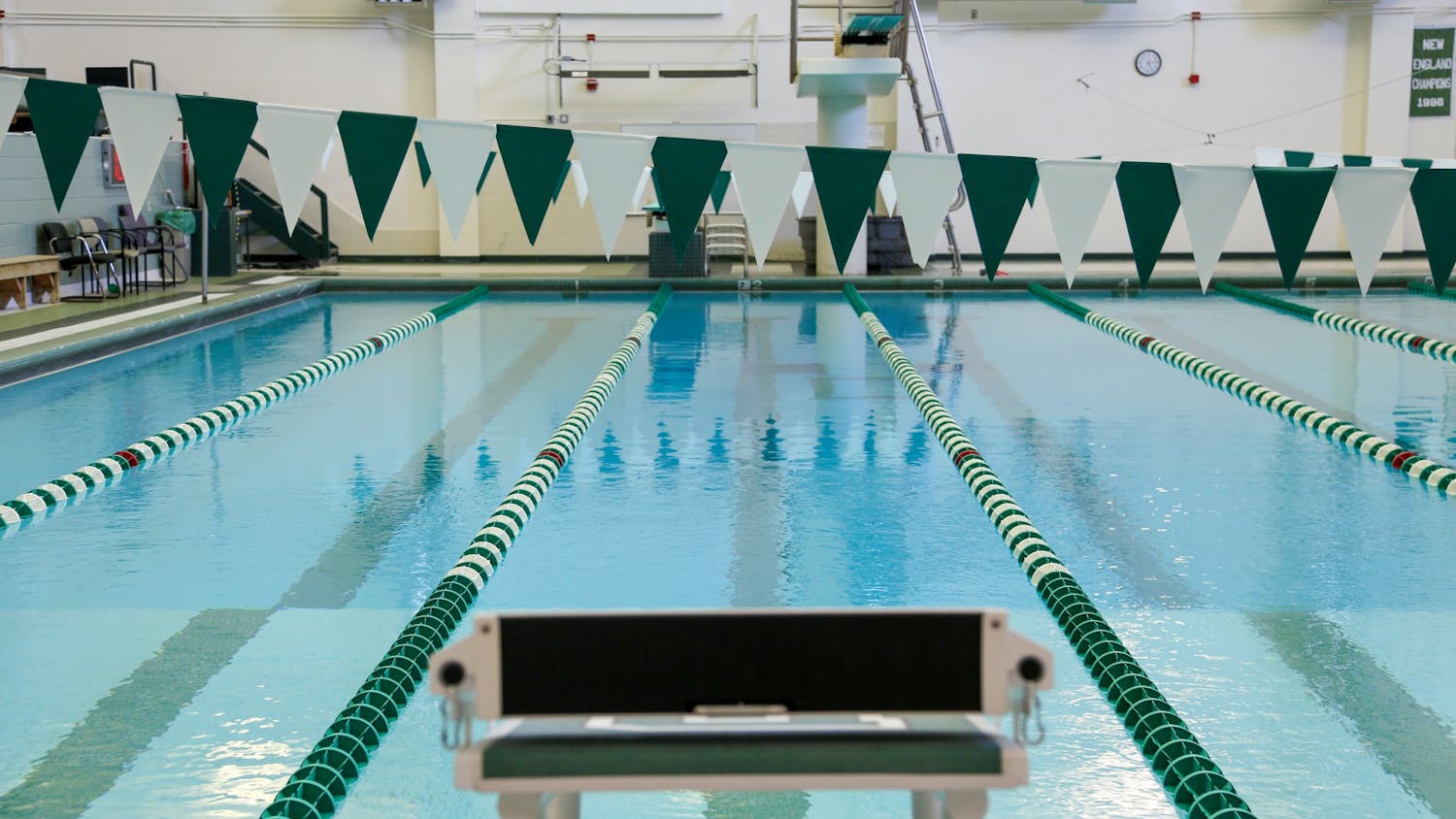With the Ivy League’s cancellation of all winter intercollegiate athletic competition, Dartmouth’s winter athletes have been forced to adapt to strange new circumstances: a full season without their sport.
Some athletes — like Garrison Wade ’22 of the men’s basketball team — have used the time that would normally be dedicated to their sport to focus on other academic and extracurricular goals. Wade said that one thing he’s done with his newfound free time has been learning to cook.
“I literally just tried this tonight,” Wade said. “I made some ramen, and not like the ramen you make in the bowl or whatever, but like some super boujee ramen that took me a long time to make. That’s already in my top five [dishes].”
Wade added that he has used his additional free time to dedicate more effort to the Dartmouth Black Student Athlete Alliance, a group he co-founded in June and now runs alongside women’s volleyball player Tola Akinwumi ’21.
“I always say that basketball is a full-time job,” Wade said. “So when the season stopped and workouts stopped back last year, it gave me and [Akinwumi] a whole lot of time to pursue something we really were passionate about.”
Wade said that not being able to play basketball this season has given him the opportunity to commit more time to executing DBSAA’s vision, which entails establishing community among Black student athletes at Dartmouth, teaching professional development skills and encouraging connection with the Dartmouth alumni network.
Many Dartmouth athletes maintain a regular training schedule despite the lack of competition. A group of track and field team members is included in this contingent.
“Track is in an interesting position because it's a multi-season sport,” two-year captain Max Frye ’21 said. “So we still hope to have competition this spring. No official word is out yet, but we're practicing as if we will compete outdoors.”
According to Frye, approximately 40 members of the track and field team will be approved to practice together on campus if a return to sports is permitted, with another 20 or so off-campus members training on their own.
Frye said that regular COVID-19 regulations would apply to these practice sessions: Masks will be required, physical distancing must be maintained and the various event groups will train on separate corners of the field.
Due to the season’s cancellation and restrictions on on-campus practice, some athletes have found alternative, off-campus means of training for their sport.
Skier Oliver Snow ’22 is spending his winter term skiing and participating in other winter sports outside of official racing. He said that this includes “skinning and skidding” — skiing up and then skiing down mountains — and participating in local races in New Hampshire.
“A big thing that our coaches encourage is going to find other ways of training as well,” Snow said. “Obviously you don't have any racing, so just staying in good shape and maybe cross training a little.”
Jaime Chuidian contributed reporting.




